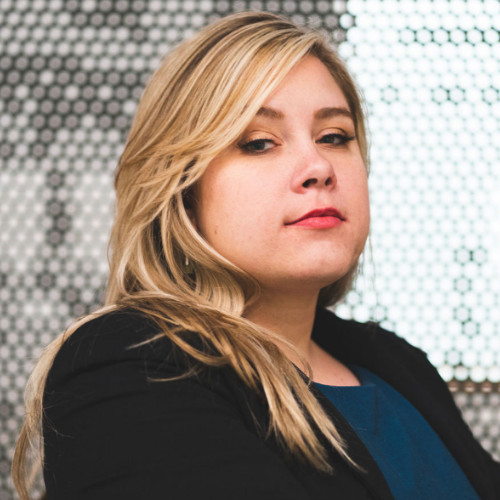
TL;DR
- Streaming Media Connect 2023 featured Quincy Olatunde, NBCUniversal/ PeacockTV VP of D2C products, in conversation with Evan Shapiro.
- Olatunde discussed Peacock’s planned expansion into 50 different African markets through a partnership with Multichoice, emphasizing the need for localization and community building.
- He also discussed how to effectively leverage creators to build fandoms and ensure that communities are represented.
“I’ve never seen any company do what NBCUniversal does, when it comes to simulating events or live events,” says Quincy Olatunde, NBCUniversal/ PeacockTV vice president of D2C products. “They just know how to put the show on.”
This will be especially important in 2024, as Peacock won the exclusive streaming rights to the upcoming NFL playoffs, as well as the summer Olympics in Paris.
Olatunde expressed confidence in NBCUniversal’s ability to put together impressive live shows, while emphasizing that his eye is on Peacock’s technological capabilities. “You can have the best time in the world, if you have a stack to deliver that,” he says.
Streaming Media Connect 2023 featured Olatunde in conversation with media cartographer Evan Shapiro. The two discussed globalization and localization, changing media consumption and building fandoms. Watch their full keynote, below.
“I’m excited about localization,” he says. More specifically, he seems excited about localization’s potential: “The education that that brings along with it, you know, like really opening up the world and the more you understand about communities about cultures and groups, the more tolerant you become, right, or tolerant we become, the better our laws are.”
Peacock’s Expansion
Shapiro often emphasizes that the future of M&E doesn’t lie solely in North America, with many opportunities emerging in the global South. Peacock appears to be one of the companies with its eye on the ball.
“Africa is great… it’s a market that’s growing up with this technology of streaming, right?” Olatunde says. “The behaviors are changing.”
Olatunde explains that the streamer is partnering with Multichoice to bring Peacock to 50 markets in Africa in order to capitalize on this shift. “Peacock’s stack is going to be powered on” Multichoice’s footprint, offering the technology to complement their reach and their content, Olatunde says.
“It’s all about technology advancement, right? That helps us push forward, but you can’t just wait until that happens, right? You’ve got to be in the play. You’ve got to be part of the community, right? You’ve got to invest in the local market. You have to invest in local content.”
With all of NBCUniversal’s great properties, why is it crucial to emphasize local content?
Also, Olatunde explains, “Consumption has changed. What’s important to [viewers] has changed.”
He adds, “And what’s important for them is inclusivity. Right? What’s important to them is the consciousness of the company to deal with, right, what they put their money behind, what they buy into. And we have to understand that.”
Ask yourself, Olatunde says, “The people behind the screens — how diverse that is? What’s the story you’re telling? How inclusive is it?”
“We’ve got to understand them for us … to build a relationship with them,” Olatunde says. “I look at it from the perspective of ‘How can I build a relationship with this person?’ It’s creating fandoms out of them.”
Why are fandoms important? “As media, we’re not just competing with ourselves,” Olatunde says, echoing another of Shapiro’s regular points. There are only 24 hours in a day, and consumers must choose how they spend their time, whether that be with TV, video games, books, or other hobbies.
Leveraging the Creator Economy
Part of creating fandoms in 2023, Olatunde says, is having “a continuous relationship” with consumers. One of the best ways to be with “fans [is] through these content creators.”
“I do feel like the sports department of all things seems to really lean into the creator economy in a pretty interesting way,” Shapiro commented.
After all, “brands have people in it. And we love the brands we work with,” he says. That also means companies should not “try to dictate how they do the creative” because creators tell him, “let me do what I do best.”
Once you’ve established your brand “as part of that community, they’re willing to pay premium for it,” Olatunde explains.
“If you have consistency, you’re part of the community. You don’t wait until, when, you have a big show to produce,” he says. “We’re always in that world.”
Part of doing the market expansion properly requires thinking “almost like an r&d department.”
And that also means, if you want to get into a new market, Olatunde says, “You fund it properly. It’s not just… [a] cost center, but a revenue potential.”
Whether working with distribution partners or creators, Olatunde says, “I think at the end of the day, it’s all about ‘How can we collaborate?’ And how can we partner better, but still be competitive in a healthy way. So we can give our consumers… a better experience.”

